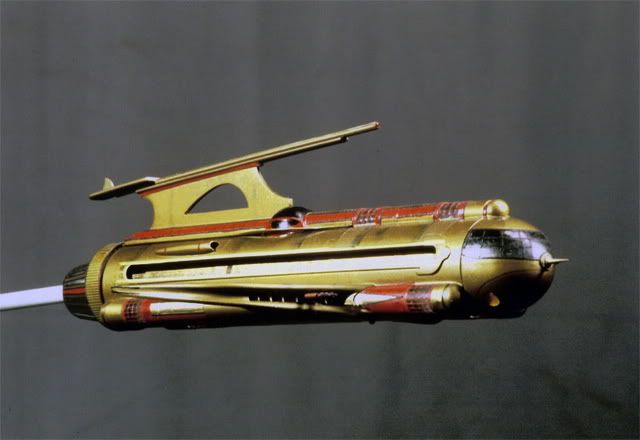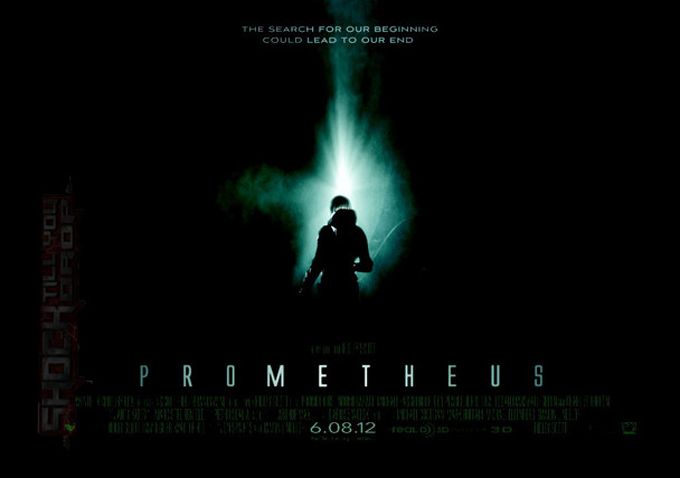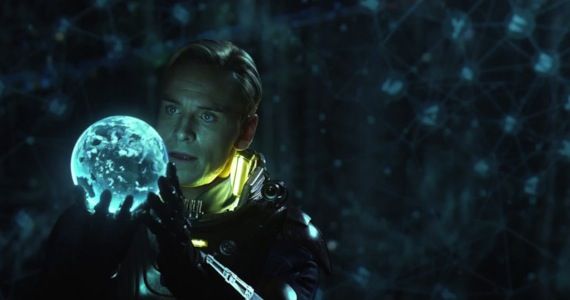
Behold, the last 1000 words of a non-existent novel.
He surveyed the damage from the Tower. It, and he, rose high above the palace, and he could see the Lightning Field, now back online, reflecting off of the shattered glass and twisted structural damage of his throne room below. Crews were already hard at work cleaning up the mess. They knew what it meant to disappoint Ming the Merciless.
His arms were behind his back, and he felt an errant twitch in his left hand. That was to be expected. The Consciousness Transmitter hidden in his signet ring always took a toll on him when it was activated. If he were a superstitious ruler, he would be thanking some amorphous, imaginary being like those worshiped by his duller subjects that the rebels had not discovered the Vats, and the cloned bodies Klytus had hidden within. But no god had intervened to restore Ming to life. Like all things within Mongo, life and death were the purview of Ming himself.
Even if Gordon was too stupid to realize that.
Gordon. Ming’s fists tightened. The Earthling’s defiance was a problem. When he and his companions had first appeared, their crude flying machine caught in one of the storms Ming had transmitted from Tropica to the insignificant planet Earth, Ming had welcomed the distraction. Mongo’s princes were dull, predictable guttersnipes, all too easy to manipulate. The Earthlings were quite similar to most of his subjects in form and function, and even as Ming continued to rain destruction on Earth, he had wondered what the princes would make of the newcomers.
Now he knew. Gordon’s fragile but effective alliance with the Hawkmen and the insufferable Prince Barin proved that the Earthling was both a warrior to be respected and a leader to be watched. In the wake of his raid on the palace, Klytus was dead, Baylin missing, and Ming’s prize, Dale Arden, stolen. Apparently, Dale was ‘married’ to the Earthling Zarkov, whatever that meant, and Gordon’s selfless act of throwing himself into the teeth of both Ming’s guard and the Lightning Field to rescue a female not his own was capturing hearts and minds throughout Mongo.
Ming toyed with the idea of summoning some concubines. Two? No, three at the very least. His rage at Gordon coupled with the thrill of facing so worthy an opponent and brushing against the sweet, ever-present and waiting embrace of oblivion would make his passion powerful. He’d likely kill one. But he was willing to wait. He had plans to make, first.
“What commands for your loyal subjects, O Emperor of Mongo, O ruler of my heart?”
He smiled, turning to face his daughter. Aura knelt before him, demure and obedient, eyes shining in the semi-darkness of the Mongo evening, the Lightning Field catching in the gold filigree worked into her hair. His seething anger gave way to pride. His daughter was fearful of reprisal for her failure. Her attempt to play Gordon and Barin against one another had failed, unfortunately, and being spurred by both of them could not be easy for her. She, like Ming, was used to getting what she wanted. Gordon was to be her plaything, and Barin the means to ensure tighter control over Mongo. Ming knew she toyed with the idea of usurping him, and it amused him to watch her try. He reached down and touched her hair.
“Do you mean to rule in my stead, dear daughter?”
“Only until you are well enough to return in full, my lord.”
“And you will step aside willingly on that day? It may come too soon for your liking.”
She took his hand in both of hers, kissing his palm and wrist. “Now more than ever, we need your power and brilliance. Mongo will fall into chaos without your fist clutching its lands and people.”
His lips slowly curled into a smile. “Did you say something similar to Barin?”
Her eyes looked up, seeking his. “It doesn’t matter what I said to him, Father. Or to Flash Gordon. Seeing your body dead by their swords… I did not expect to be so upset by it.”
“Especially if you mean to take my throne by force one day,” Ming said. “I did not come to my place of power by being Ming the Merciful. You must harden yourself against death, my daughter. You will see it just as often as you cause it.”
“Yes, Father. I do not expect you to forgive my indiscretions. I await your punishment.”
He stroked his beard, and fought down the errant twitch in the hand doing it. It would take time for those things to subside. And he did not want Gordon or Barin or Vultan to know he was alive while any potential weakness existed.
“Your punishment is to deal with these sniveling upstarts. Double the guard patrols, step up the execution schedule, and cancel all state holidays until further notice. Mongo is ours to rule, and as long as we rule it, it shall do well to remember what it means to cross Ming and Aura.”
The Princess rose, her stunning smile a mask for the malice in her eyes. “They will never forget me. They may think they’ve won, that I will be weeping in my chambers for their lost hearts, but when I show them their hearts, still beating, they will regret choosing ‘freedom’ and ‘friendship’ over Aura.”
“Now those are the words worth of Ming’s blood.” He took her hand and kissed it. “Go, and show no mercy.”
She sauntered away, and Ming turned back to the window. Somewhere out there, in Arboria or perhaps the Sky City, Flash Gordon was likely celebrating a victory. Ming hoped the Earthling enjoyed it. Soon, pain and misery would be all he knew, and the so-called ‘Saviour of the Universe’ would beg Ming for mercy before the end, mercy that would never come, and honestly, Gordon should know better than to ask.
Ming activated the intercom to the wing of his palace containing his concubines.
“Send up three… no, four to the Tower immediately. The night is young, and it shall not be wasted.”






